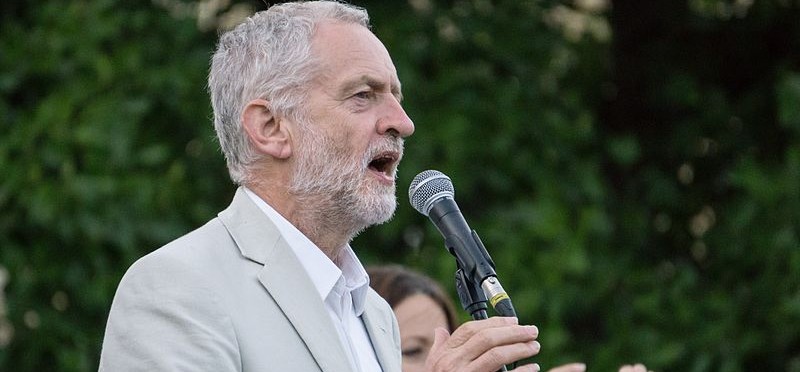Grime says to vote Labour, should we listen?
Fake news and alternative facts – we are increasingly surrounded with such a wealth of information which may be true and may be false. In the age where everyone has an opinion, however moderately formed and based on facts, it is hard to decide who is making sense. Additionally, making sense isn’t the only factor to consider, one needs to think why these opinions are voiced.
Music and politics have always had a tentative relationship. Not that they don’t go together, on the contrary, music has been vehemently subverting dominant regimes for years. The notion of fighting oppression through song is unambiguous, both resistance and protest lyrics of counterculture are deeply rooted in the history of music. However, the uncertainty of musicians to express their political stance, whether in performance or interviews, is still prevalent. If they do voice their thoughts, there is a question of relatability – how can someone from a privileged position even connect with the troubles of the ‘ordinary man’? Secondly, there is a question of motive – why are they supporting a certain party or representative – is there an underlying conflict of interest? The answers are obviously debatable and the public is equally divisive. Of course, the society as such may welcome ruminations on topical issues from the same person that delivers them entertainment, a verbatim two for one deal. On the other hand, many don’t want to confound the two, having a ‘stick to what you know’ attitude, followed by expletives and angry hashtags.
In the run up to the snap General Election on the 8th of June, called by Theresa May, some UK musicians are being vocal, in spite of potential backlash. The engagement is carried on with significantly less zeal than the one shown by their US counterparts during the previous year of the Presidential Elections. It also begs the question, does endorsement by artists make any difference – how susceptible is the public to their appeal?
The notion of of fighting oppression through song is unambiguous both resistance and protest lyrics of counterculture are deeply rooted in the history of music
The past couple of weeks have seen grime artists explicitly support the Labour Party, or rather Jeremy Corbyn. An array of biggest grime names unanimously expressed their choice for the new Prime Minister. JME and Novelist have gone to Twitter to share their thoughts with their followers – their combined following of around 700K. With the resolute “vote Corbyn” detailing how to exactly follow that instruction, JME even got a response from Corbyn himself, thanking him for the support and urging everyone to vote. The list goes on, AJ Tracey similarly used Twitter to back Labour, claiming that it’s important who gets the vote instead of ‘just’ voting. Stormzy is also known to support Corbyn, his Guardian interview from last year reporting nothing but praise: “Young Jeremy, my guy. I dig what he says”. Finally, in a more astute way, Akala emphasised the importance of the election saying it is the first one he will vote in and that his vote will go to Corbyn. Furthermore, he elaborated: “[F]or the first time in my adult life there is a chance to elect someone I would consider a sane and decent human… He has consistently voted/spoken against UK foreign aggression. This alone makes him the most electable politician we have ever had… “.
Arguably, Labour coincides with the working class which grime represents and shows promise to resolve the socio-political issues many songs address
It seems that grime artists stand unified in their support for the Labour Party, it is however questionable how impactful this support can be. If targeting the younger audience and urging them to vote is the backbone of this ‘campaign’, one must be mindful of the reach and strength of influence these artists have. Arguably, Labour coincides with the working class which grime represents and shows promise to resolve the socio-political issues many songs address. Therefore, relatability shouldn’t be an issue. As for the impact, just starting the conversation on social media channels a response, whichever it might be. When dealing with musicians in politics, or politics in music, it seems that the perspective is slightly skewed. The opinions shared, whether personal beliefs or calculated litanies, at least instigate a rise of consciousness. In that sense, agreed with or not, the power of personal opinion is in the possibility of it becoming a public one.

Comments